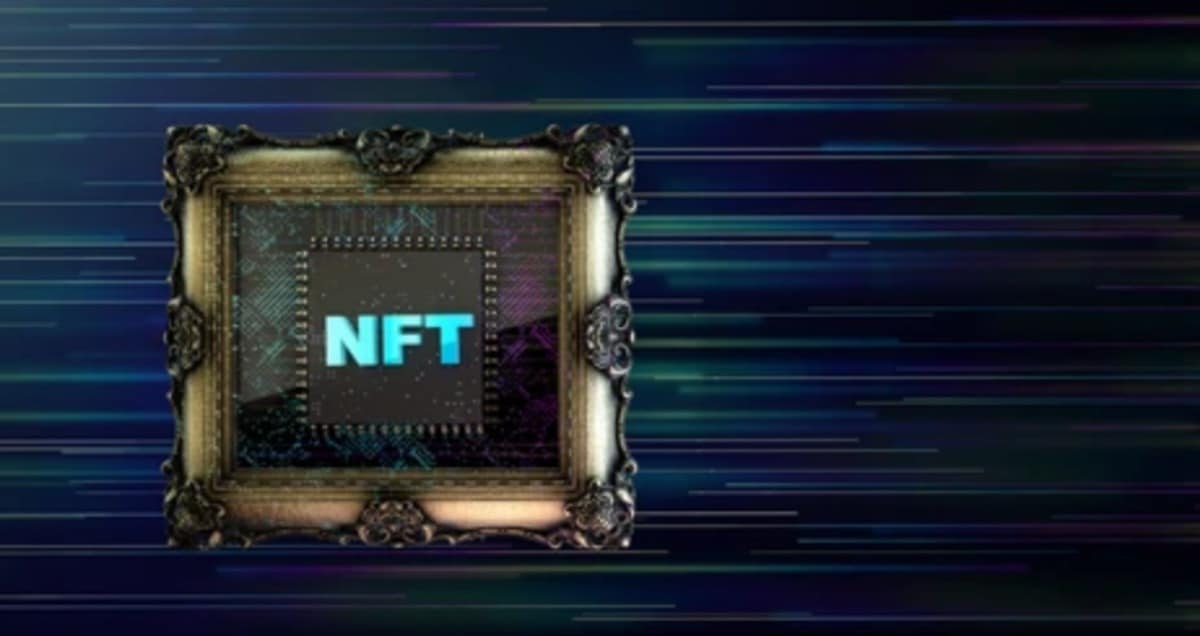Non-fungible tokens (NFTs) are indeed the current fad in the virtual currency financial system, which is sweeping the world. In Asia, this NFT craze is projected to heat up further.
Non-fungible tokens are cryptocurrency commodities that are structured for being different from one another. Things that are exchangeable may be transferred or traded with products that are identical. Since another note may well be substituted with every other one-dollar note, financial instruments (such as the US currency) are exchangeable. As each asset could be swapped for another, cryptocurrency tokens, including Bitcoin, Ethereum, and MANA, are fungible.
Two distinct NFT projects in Hong Kong and Singapore have been revealed. One is from Hong Kong Digital Asset Exchange (HKD.com) that further plans to introduce an all-in-one NFT payment system for users in the third quarter of this year.
A Payment System for Creators
Following that is a strategic venture among Media Publishers, namely Vogue, Esquire, Robb Report, and Buro in Singapore. Inclusive of a cryptocurrency advertising company, VIDY, to open an NFT framework targeted at fashion and creative industries by the third quarter of this year. VIDY is an online trade outlet that encourages audiences with VIDYCOIN, a naturalized store of value.
The NFT payment service intends to include creatives with a digital site for one’s works of art in printing, sponsorship, buying and selling, and transaction across a variety of consumer subgroups, such as visual art and encoded catalogues of visual effects, songs, as well as films. People can propose deals and tenders on NFTs and trade and business tokens using the Hong Kong Digital Asset Exchange’s payment system. Creators would be eligible to use the framework to release ones own virtual works of art.
The president of Media Publishers, Micheal Von Schlippe, explained that they would be looking at three various platforms. Another example is allowing clients to link onto the site and start creating. Users could also produce. Users wouldn’t have to be a professional to buy, sell, mint, and insert one’s virtual goods whether it be clothing, entertainment, or art. He went on to say that the framework will be a much more customized platform that we’d like to generate validity and where designers offer additional limited access, creating supply shortage, which is also a mark of quality users could respect. And this customized environment where we will be able to host certain events. An example is a monthly virtual runway show judged by Vogue editors based in Singapore.

